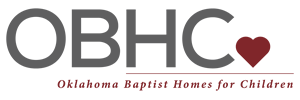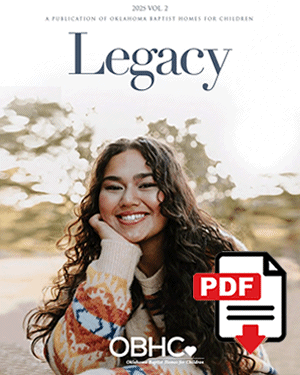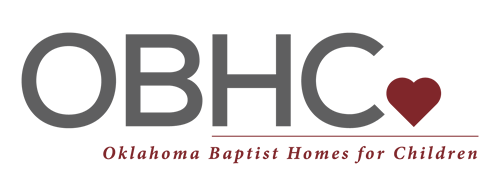Estate Planning
Estate planning is a crucial process that allows individuals to protect their assets, ensure their wishes are honored, and provide for their loved ones after their passing. A well-thought-out estate plan typically includes various legal documents to address different aspects of your financial and medical affairs.
Important aspects to consider:
Define Your Objectives: Clearly articulate your goals and objectives. Include how you want assets distributed, beneficiaries, and any instructions regarding medical care or end-of-life decisions.
Create a Will: A will specifies how your assets should be distributed after your passing.
Consider Trusts: Trusts are valuable tools that help manage and distribute assets efficiently.
Review and Update Regularly: Regular reviews ensure your plan remains relevant and aligned with your current wishes.
Consulting with legal and financial professionals can provide personalized guidance based on your specific circumstances and help ensure that your estate plan is comprehensive and effective.
Estate planning is a crucial process that allows individuals to protect their assets, ensure their wishes are honored, and provide for their loved ones after their passing. A well-thought-out estate plan typically includes various legal documents to address different aspects of your financial and medical affairs.
Important aspects to consider:
Define Your Objectives: Clearly articulate your goals and objectives. Include how you want assets distributed, beneficiaries, and any instructions regarding medical care or end-of-life decisions.
Create a Will: A will specifies how your assets should be distributed after your passing.
Consider Trusts: Trusts are valuable tools that help manage and distribute assets efficiently.
Review and Update Regularly: Regular reviews ensure your plan remains relevant and aligned with your current wishes.
Consulting with legal and financial professionals can provide personalized guidance based on your specific circumstances and help ensure that your estate plan is comprehensive and effective.
There are many other types of planned giving. Charitable Gift Annuity, Donor Advised Funds, Endowments, and IRA Charitable Rollovers are all types of planned giving that are different to an estate plan.
Charitable Gift Annuity
Charitable Gift Annuities (CGA) are a philanthropic tool used to donate assets to a charitable organization in exchange for a fixed stream of payments for the rest of their lives. This financial arrangement allows donors to support a cause while receiving a regular income.
Donor Advised Fund
Donor Advised Funds (DAF) are charitable giving accounts. Donors contribute to the fund, receive an immediate tax deduction, and then recommend grants from the fund to specific charities over time. DAF’s offer flexibility and strategic giving for individuals and families.
Endowment
Endowment is a giving pathway for donors with a strategic vision for the future—donors who want their gift to not only impact this generation, but generations to come.
IRA Charitable Rollover
A Qualified Charitable Distribution allows individuals aged 70½ or older to donate funds directly from their Individual Retirement Account (IRA) to a qualified charity. This contribution counts towards their required minimum distribution (RMD) and may provide tax advantages by excluding the distribution amount from taxable income.

To initiate a Qualified Charitable Distribution from your IRA to Oklahoma Baptist Homes for Children, your IRA trustee will need the following information:
Legal Name: Oklahoma Baptist Homes for Children
Taxpayer ID: 73-1435473
Address: 300 Johnny Bench Drive, Suite 450
Oklahoma City, Oklahoma 73104



